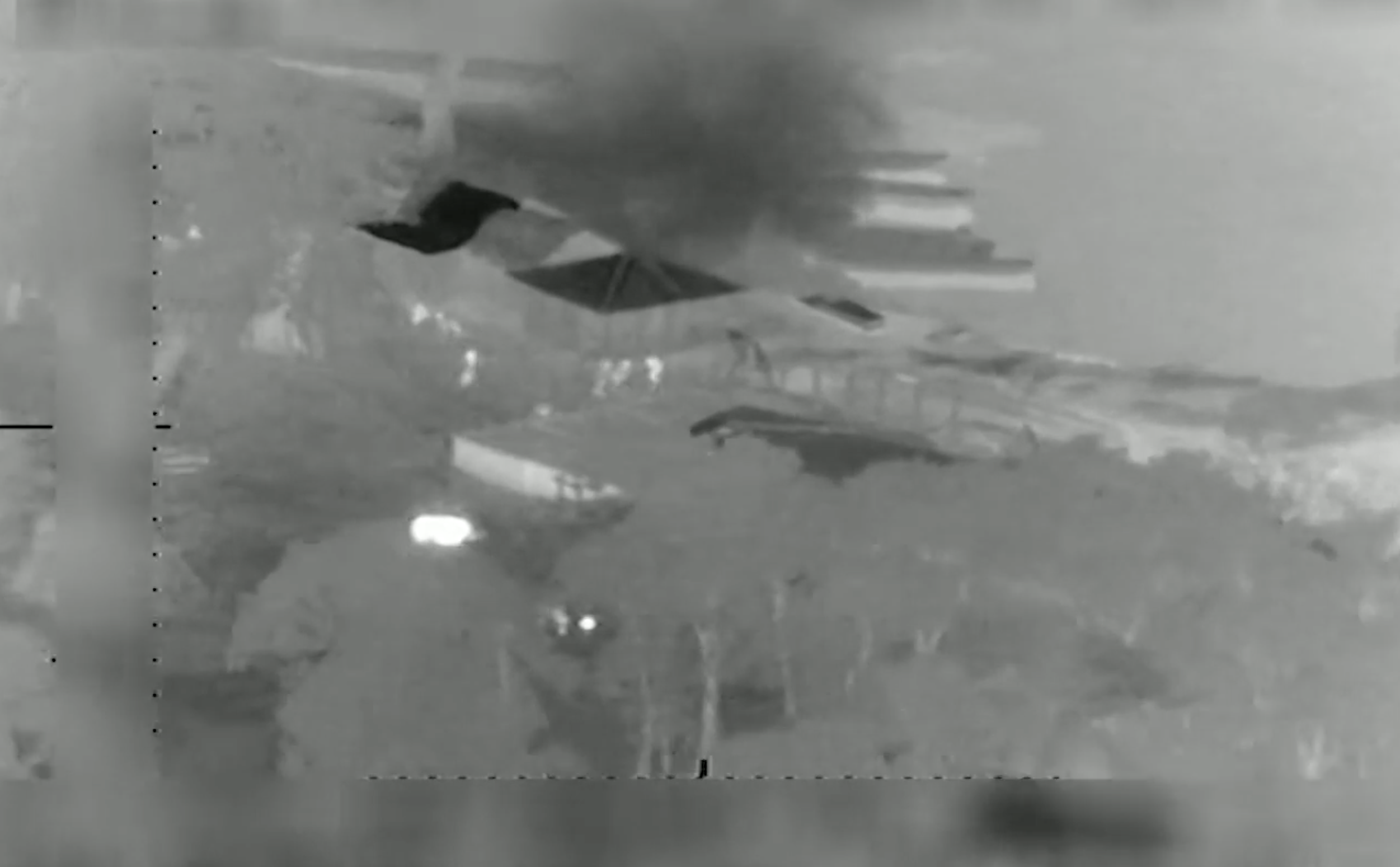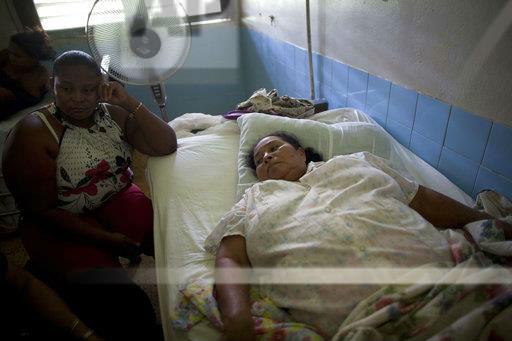Video shows US commando-style operation that killed four Honduran civilians after five-year cover-up by Washington
The agency was strongly criticised of covering up what happened in an official report

Video has emerged of the shooting deaths of four Honduran civilians by US drugs enforcement agents - an incident the US authorities have for five years claimed took place after they were fired on.
The killing of the civilians - two pregnant women, a man and a child - by agents from a special team of the US Drug Enforcement Agency (DEA), took place in a joint US-Honduran operation that was part of the US’s so-called war on drugs. The controversial policy dates back to the administration of Richard Nixon.
For five years, US authorities said the civilians who lost their lives, and others who were injured, were passengers on a boat it claimed had shot at the US officers. But video obtained by by ProPublica under a Freedom of Information request, challenges the DEA’s version of events.
ProPublica said the resistance of the DEA to make clear that happened on the night of May11 2012 on Honduras’ Mosquito Coast, had angered US politicians.
A bipartisan group of four senators asserted that the DEA and State Department “repeatedly and knowingly misled members of Congress and congressional staff.”
Tim Rieser, an aide to Senator Patrick Leahy, told the investigative news site: “The DEA convinced themselves of a false version of events due to arrogance, false assumptions, and ignorance. They rushed to judgment and then stuck to their story.”

The emergence of the video follows a scathing, 424-page report published in May by the inspectors general of the Justice and State Departments, that concluded the DEA had misled the public, Congress and the Justice Department about the 2012 commando-style operation. At the time, the DEA said it had shut down the programme, the Foreign-deployed Advisory Support Team.
In the years since the shooting took place, media have poured over the details and spoken to some of the survivors. Six months after the incident, one of the survivors, Hilda Lezama, 58, from the village of Ahuas near the Patuca river, told the BBC they were returning from a trip downriver with fishermen.
“We travelled at night to avoid the heat. We heard the helicopters above us, but we couldn't see them,” she said.
“They could have let us dock and then searched the boat, but instead they shot us. Maybe they were thinking we were someone else. If we were criminals we could not complain, but we are innocent working people.”

The Americans said none of their agents opened fire. At the time, the US Ambassador in Honduras, Lisa Kubiske, said a preliminary investigation by the Honduran authorities suggested “no wrong doing”.
The raid was part of a anti-trafficking strategy codenamed Operation Anvil, aimed at intercepting illegal drugs flown in to the sparsely populated Mosquitia region.
It was believed that more than 80 per cent of the cocaine entering the United States passes through Honduras.
This has created huge opportunities for fortunes to be by those associated with the drugs trade, including corrupt officials and police officers, many of whom are easily bought off. It has also created a country in which violence and murder are commonplace; per capita, Honduras is now second only to El Salvador for the number of killings outside of a war zone.
A DEA spokesman said in a statement: “It’s been five years since the events referenced in the report, and DEA has made significant and numerous changes – particularly with respect to the deployment of our former Foreign Advisory and Support Team, which no longer operates overseas and now contributes to our training mission.
“We agree with all of the Inspector General’s recommendations, and are working to implement them.”
Ms Lezama, who was shot and seriously injured by the US agents, eventually recovered. Yet she told ProPublica she is still in intense pain.
“I can’t afford to support my daughters,” she said. “We still don’t know why this happened.”
Join our commenting forum
Join thought-provoking conversations, follow other Independent readers and see their replies
Comments
Bookmark popover
Removed from bookmarks